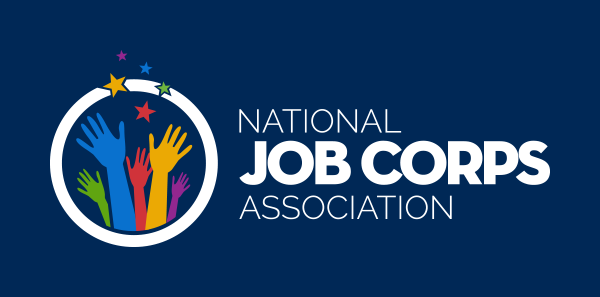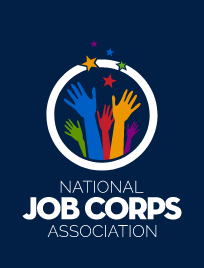In a concerted effort to increase the number of highly skilled and qualified employees moving into Alaska’s workforce, the Alaska Job Corps Center is working with its many employer partners to lead the way in enhancing apprenticeship opportunities for its graduates.
“Alaska Job Corps is leading a broad-based effort to place our graduates directly into apprenticeship programs,” said Malyn Smith, Alaska Job Corps Center Director. “There really is no better way to transition a student into the workforce then by offering them a paid training position as an apprentice within an organization.”
Alaska Job Corps already offers students an important pathway into the workforce through their Work-Based Learning Program, which provides them with hands-on experience while they are still students at Alaska Job Corps. Students conducting Work-Based Learning could then move on to become an apprentice employee after they graduate.
“It’s really a pipeline. Students gain their vocational and academic training here, as well as a broader education in career ‘soft skills,’ and then they often move into Work-Based Learning. Once they graduate, that Work-Based Learning opportunity may just pave the way for them to become an apprentice,” said Smith.
But Work-Based Learning is not the only path to becoming an apprentice. Smith wants every Alaska Job Corps student to have the opportunity to work as an apprentice at one of Alaska Job Corps’ many employer partners.
Alaska Job Corps is coordinating this effort with John Hakala, the State Director of U.S. Department of Labor’s Office of Apprenticeship for Alaska. On Thursday, Aug. 3, Hakala visited Alaska Job Corps and presented a talk about the federal apprenticeship program to Certified Nurse Assistant and Culinary Arts employers in two separate meetings. He also co-led a discussion with Smith about the costs, benefits and value of apprenticeships.
State of Alaska apprenticeships coordinators also attended the meetings and discussed some of the opportunities for apprenticeships through the State of Alaska.
Smith says the discussions will continue until Alaska Job Corps meets with employers for all of the nine trades taught at the Center. The remaining trades include Electrical, Carpentry, Building Construction Technology, Security and Protective Services, Accounting Services, Office Administration and Water/Wastewater Treatment.
According to the federal Workforce Innovation and Opportunity Act (WIOA) enacted in 2014, apprenticeships are an essential part of growing the nation’s workforce. The national Job Corps program is authorized under this act.
Smith hopes to secure a commitment from multiple employers to implement apprenticeship programs, and have them work directly with Alaska Job Corps to funnel student graduates into their organizations as apprentices. She believes the apprenticeship program will become a building block for Alaska’s workforce.
“Apprenticeships are invaluable for both student graduates and employers,” added Smith. “Our graduate apprentices can earn paid on-the-job training and a path up the organizational ladder, and employers gain an employee dedicated to learning on the job.”
Through the apprenticeship program, employers who sponsor this apprenticeship program also gain employees that have portable certifications (at no cost to the employer) and are able to directly train their own employee. Employers can also save financially because they will not have to continually hire and re-hire employees.
“For both apprentices and employers, it really is a win-win situation,” added Smith.
The Alaska Job Corps Center is a federally funded career training program administered by the U.S. Department of Labor and managed by Chugach Educational Services, Inc. The Center is committed to providing the highest quality programs for young adults by offering instructions in academics, trades and life skills through innovative methods that respond to the unique individual and group needs of today’s youth.
Story by Carin Meyer, BCL


 JOB CORPS
JOB CORPS